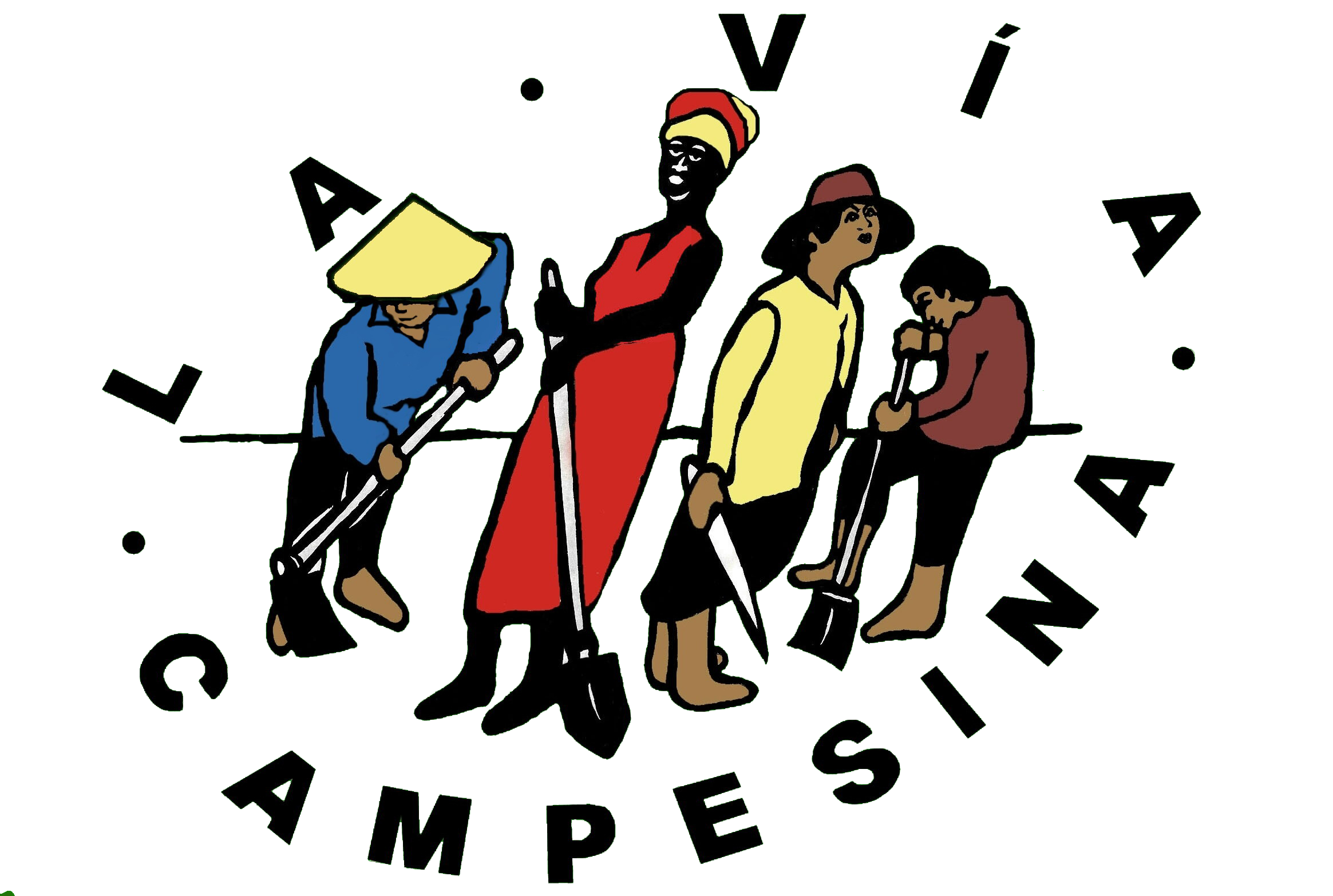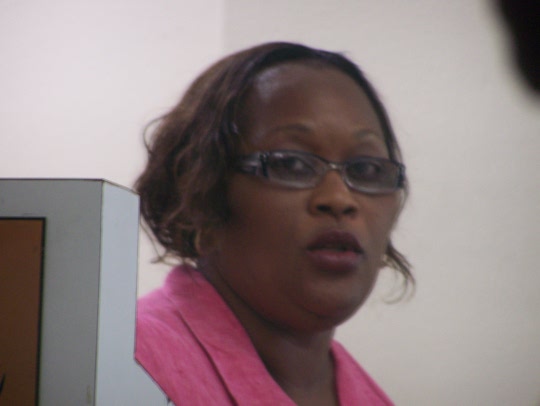Original article published on Pambazuka
As the international financial crisis points to the collapse of laissez faire economics and discredits market fundamentalism, Africa and the global South should break free from failed neoliberal policies and the institutions that have promoted them and define their own paths to development, writes Demba Moussa Dembele, director of the Forum for African Alternatives.
The crisis provides fundamental lessons, says Dembele, the first being that markets do not have self-correcting mechanisms, and that market failures are not less costly than state failures. Secondly, « the collapse of the neoliberal dogma is a major blow to the international financial institutions. What is even more devastating to them is the reversal of most of the policies they had advocated for decades in Africa and in other ‘poor’ countries under the now discredited SAPs (structural adjustment programmes). The IMF and the World Bank are supporting fiscal stimulus – expansionary fiscal policies – in the United States, Europe and Asia. »
Thirdly, its clear that the state remains a central player in solving crises caused by markets, and is not the sole cause of economic and social problems in Africa that neoliberal policy has categorised it as. Dembele notes that many development agencies do not have Africa’s best interests at heart, citing failures to cancel debt and to dedicate 0.7 per cent of GDP to official development assistance budgets, along with restricting the access of African exports to Western markets. In contrast, US$4 trillion was made available in matter of weeks to tackle the international financial crisis, 45 times the total aid budget of the European Union and the USA for 2007.
Dembele calls for Africa and Africans to forget neoliberal capitalism and explore new paths to ‘an endogenous development for and by its people’, recommending that Africa should restore capital controls and reject unfavourable trade liberalisation policies, as well as reversing the privatisation of key sectors and natural resources. Likewise, the author calls for African governments to restore the role of the state in the development process, reclaim the debate on African development while learning from the experiences of other countries in the global South, and to build an alternative means for financing development including South-South co-operation and the integration of diaspora remittances into a coherent strategy.
Lire la suite »The global financial crisis: Lessons and responses from Africa


